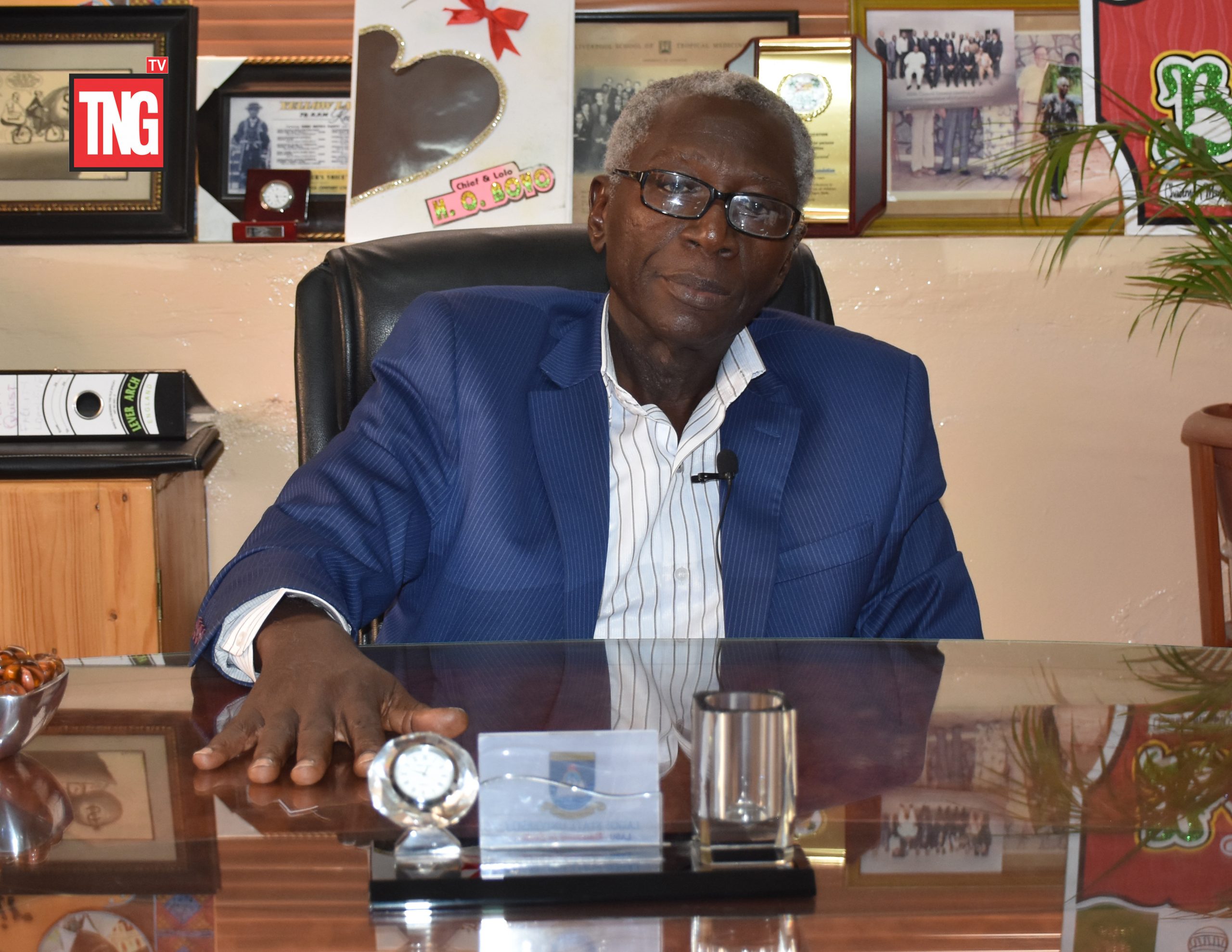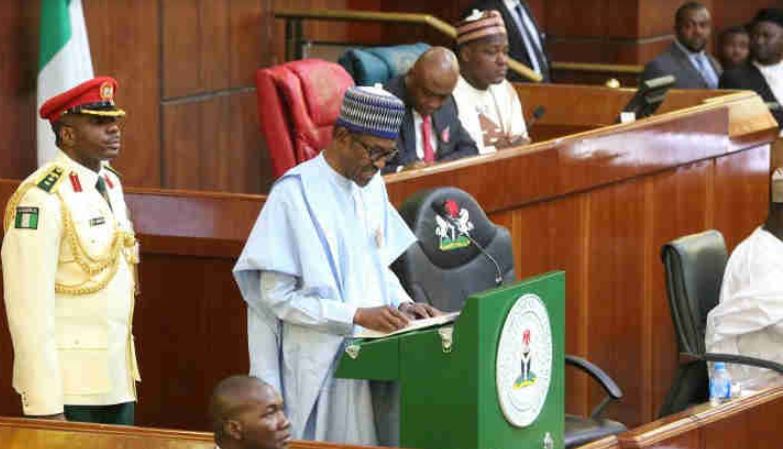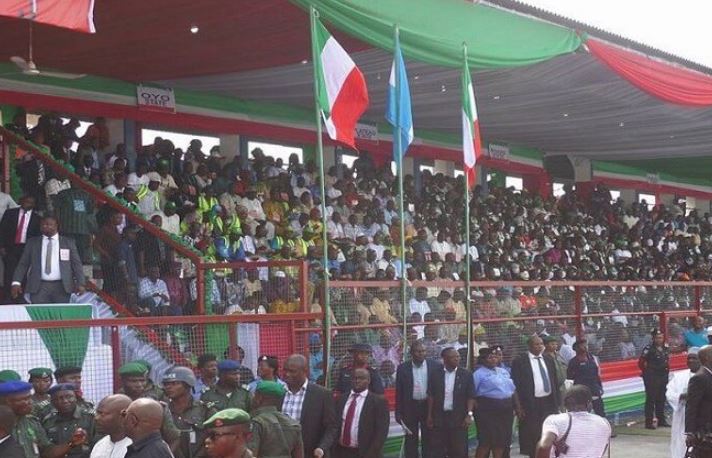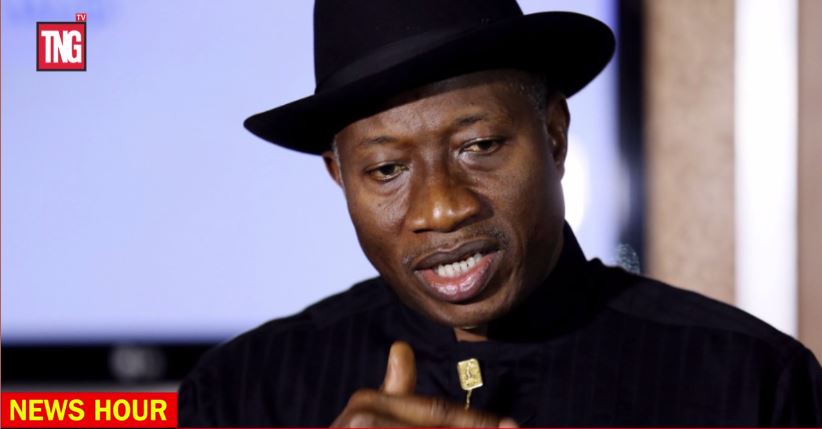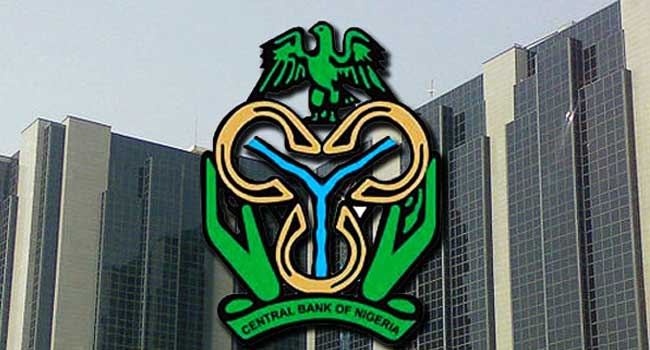It is now common for thousands of families across Nigeria to be regularly blessed with foreign exchange remittances from their children or relations, who have abandoned the country in search of greener pastures abroad. Notably, such remittances to Nigeria now reportedly exceed $25bn annually.
This value exceeds 50 percent of Nigeria’s reserves of $40bn and also more than the Federal Government’s annual aggregate revenue in recent years. Instructively, therefore, if the Diaspora remittances are sensibly infused into the economy, the considerable additional forex inflow would strengthen the naira exchange rate to bolster consumer demand and stimulate expansion in production and employment.
Conversely, however, despite the steady increase in the Diaspora inflow, there is no observable positive impact on Government’s annual expenditures or in the consumer expenditure of most households. Consequently, Diaspora remittances have inexplicably failed to meet the expectation that higher foreign exchange inflows would bolster the economy of recipient nations.
Conversely, studies by various international research organisations, in fact, suggest that with the exception of China and India, higher Diaspora remittances are often indicators of weaker and challenged economies. Consequently, Nigerians may not ‘unduly’ celebrate increasing Diaspora remittances, which are identified as an abiding feature of failing economies.
Indeed, since the Diaspora remittances seem to have become a double-edged sword, the moral of the link between higher remittances and lower Gross Domestic Product is that such remittances may ultimately deepen poverty, as it underscores an unceasing exodus of able-bodied and qualified professional migrants, who are compelled by scare employment opportunities and the ravages of high inflation rates and a weak currency, to presumably leave behind the less ambitious, less able and less qualified citizens who cannot migrate, to grow the home economy.
Notably, the above inverse relationship between higher levels of Diaspora remittances and lower GDP does not, however, explain why bigger inflows of such remittances do not impact positively on the exchange rate of those labour/professional manpower exporting countries. For example, there is no real indication that higher Diaspora remittances have ever made any positive economic impact to strengthen the naira’s exchange rate. Furthermore, the combination of the Central Bank Nigeria’s $45bn present foreign reserves, in addition to over $25bn annual Diaspora remittances, have unexpectedly failed to produce a stronger naira exchange rate or meaningfully impact Nigeria’s economy. Curiously, it is as if higher Diaspora dollar remittances don’t even exist. The obvious question is, why is this so?
Evidently, the dollar reserves, which the CBN regularly auctions to banks and also allocates at face value to over 3,000 Bureau-De-Change operators and banks, are primarily derived from government’s dollar receipts from crude oil and not from Diaspora remittances, which seem to have become an illusion as a national asset.
Obviously, such Diaspora dollar inflows inexplicably never seem to positively impact on the naira rate, as these forex values remain domiciled abroad and become privately managed by banks and other licensed money transfer agents as ‘private’ assets.
Incidentally, this writer recalls a chance meeting with a classmate, a few months ago. He was apparently agitated that his bank always paid him at the rate of $1 to N305 for the monthly dollar remittances, from caring family members who live abroad.
My friend was also clearly agitated that he had unexpectedly become dependent on his children because inflation and a crippled naira rate had significantly eroded the value of the pension income that he consolidated with great sacrifice before retirement. This friend wondered why his bank did not pay him US dollar cash for these remittances, so that he could personally exchange same for much higher naira rates in the open market.
The gentleman clearly felt betrayed by the system as he observed that the CBN did not forcibly auction its own dollars at N305 to $1; (about 20 per cent less than the BDC rate). So why must he be forced to change at such a huge discount?
Ultimately, after several altercations with his bankers on the applicable exchange rate, he announced that he had given up and silently borne what he described as a CBN approved scam.
My friend was advised to open a domiciliary account with any of the leading commercial banks in the country. He was also given the assurance that the foreign remittances from his children, thereafter, would be deposited within a week into his personal domiciliary account, from which he could actually withdraw dollars and change same at the prevailing N350-360 to $1 bureau-de-change rate.
Naturally, he wondered why his bank did not, for so long, also inform him about this simple way out. However, he now suspects that the money transfer business brazenly rips off the actual beneficiaries of dollar remittances with the connivance of local banks.
Similarly, hundreds of thousands of aged Nigerians pensioners may have also been robbed of over 20 per cent of the real value of the dollars regularly remitted to them by their children and other well-wishers and relations abroad.
Evidently, the present and almost $26bn of Diaspora remittances are warehoused abroad and do not supplement the size of the CBN’s regular dollar auctions, which have clearly failed to drive down the dollar price, even when extended dollar reserves cover still remain domiciled with the apex bank.
Arguably, therefore, the official strategy of deliberately sequestering Diaspora dollar inflow in overseas accounts, instead of the local forex market, is patently misguided and seriously injurious to our economy.
Regrettably, the requirement for agents to pay naira for foreign denominated money transfers is underscored in paragraphs 4.3.1 and 4.3.2 of the CBN’s Guidelines on International Monetary Transfer Services. For example, paragraph 4.3.1 demands that for inward money transfer services, a money transfer operator shall “make payments to customers only in Nigerian Currency in line with CBN regulation”; while, paragraph 4.3.2 of the same guidelines, demand that the money transfer operator shall “use the prevailing exchange rate on the day the transfer is received”
Obviously, my classmate will not be so distraught, if it is only mandatory that the money transfer operators (banks inclusive) should also adopt the “so-called” bureau-de-change rate for the conversion of the dollar sums, received from Diaspora Nigerians. But this is, unfortunately, not so.
Furthermore, it is inequitable that the CBN should also formally allocate tranches of its dollar own reserves to bureau-de-change operators, who do not add any meaningful value to earn such a privilege, while parents and guardians, who actually made tremendous sacrifices to educate and train their children, become forced to incur a 20 per cent loss on the foreign remittances from their benefactors who live abroad.
For the CBN to achieve its prime mandate of price stability and improve the lives of Nigerians, it is absolutely necessary for the bank to urgently restructure the Exchange Rate Payment Terms for Diaspora remittances to reflect equity across all platforms for forex revenue and sales. Arguably, in this process, stronger naira rates will emerge and reduce or indeed, totally eliminate the trillions of naira annually wasted for payments of fuel subsidy. The reported illicit daily outflow of 10 million litres of fuel, allegedly smuggled across Nigeria’s borders daily, will also be eliminated with a much stronger naira rate.
Instructively, however, if Diaspora dollar remittances remain domiciled in overseas Nigerian bank accounts, the naira sums paid in exchange by agents and banks to local beneficiaries, will continue to be sourced easily from the same persistent excess naira supply that the CBN ceaselessly unleashes in the money market every time government’s dollar revenue is unilaterally substituted with naira by the apex bank at arbitrary rates.
Consequently, Nigerian banks and their overseas agents ultimately become the inheritors of the $25bn Diaspora remittance, which they can deploy as they please without need to repatriate these dollars to grow the Nigerian economy. Ultimately, the loot from this RIP-OFF of the Nigerian people may be invested in huge assets abroad or it will be safely tucked out of sight in protected offshore secret accounts, which have become the graveyards for funds looted primarily from African origins.
